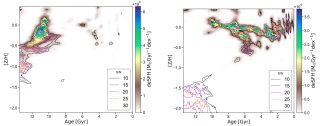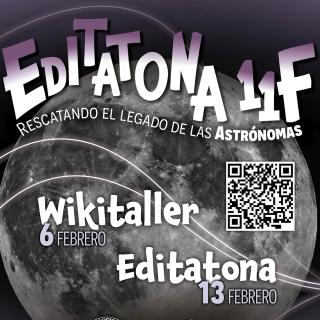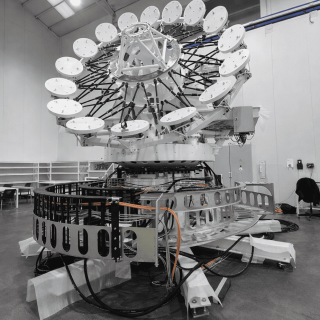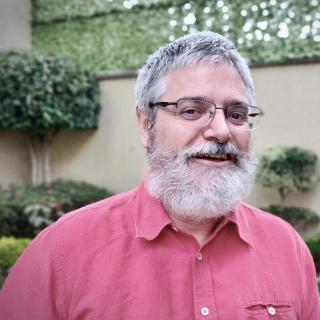
El Instituto de Astrofísica de Canarias (IAC) se suma a la conmemoración del Día Internacional de las Mujeres y las Niñas en la Ciencia con un amplio programa de actividades orientadas a visibilizar el papel de las mujeres en la astronomía y fomentar el interés por la ciencia y la tecnología entre las nuevas generaciones. Entre las acciones más destacadas se encuentra la Editatona 11F, organizada junto a Wikimedia España. La iniciativa se articula en dos jornadas complementarias: un wikitaller práctico de introducción a la edición en Wikipedia, en el que las personas participantes aprenden
Advertised on




